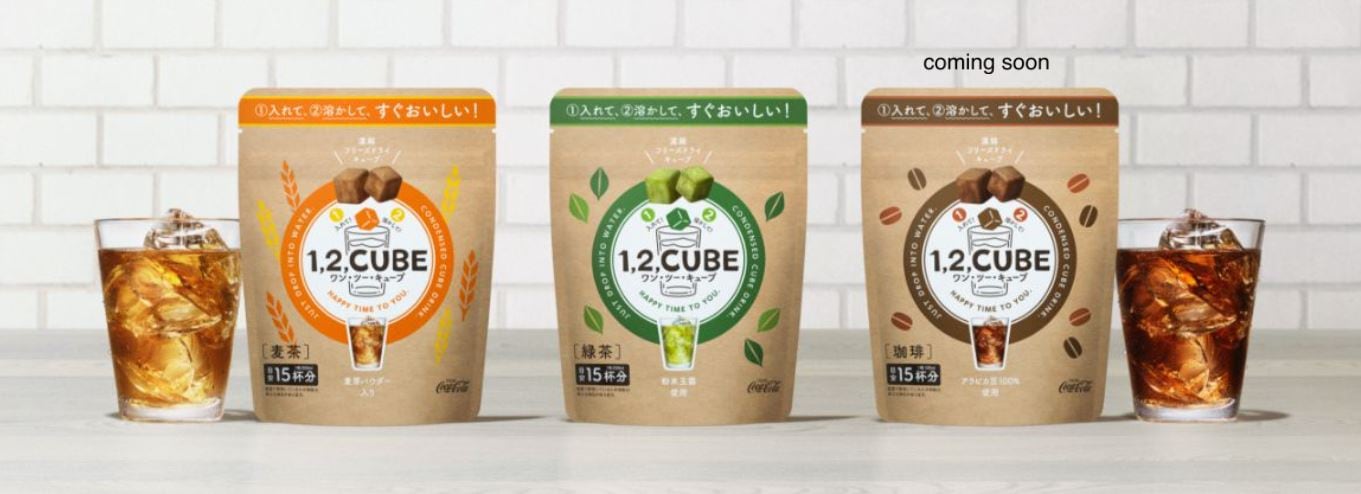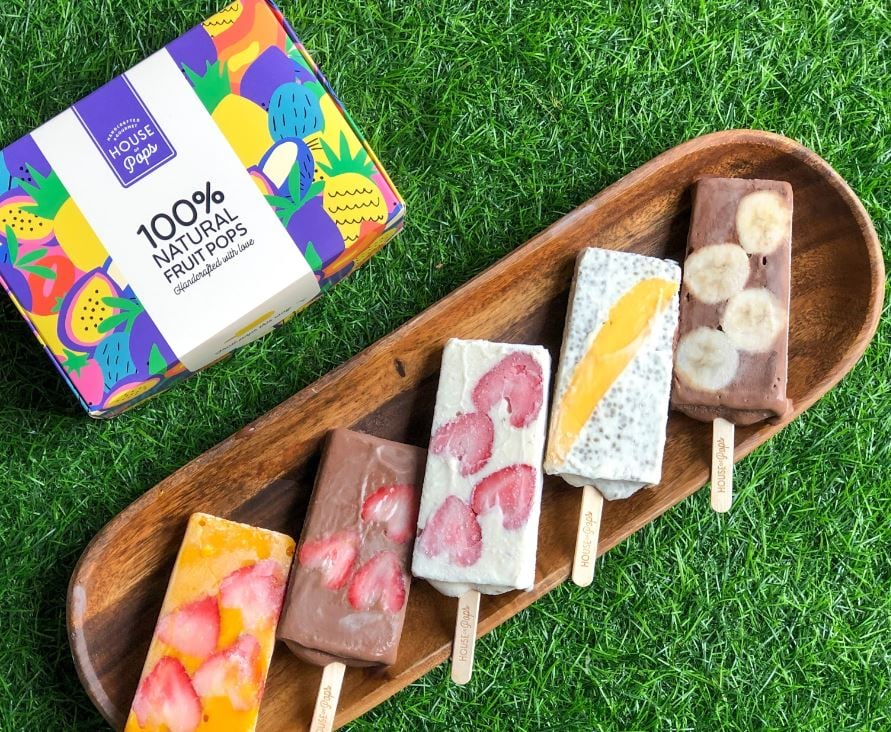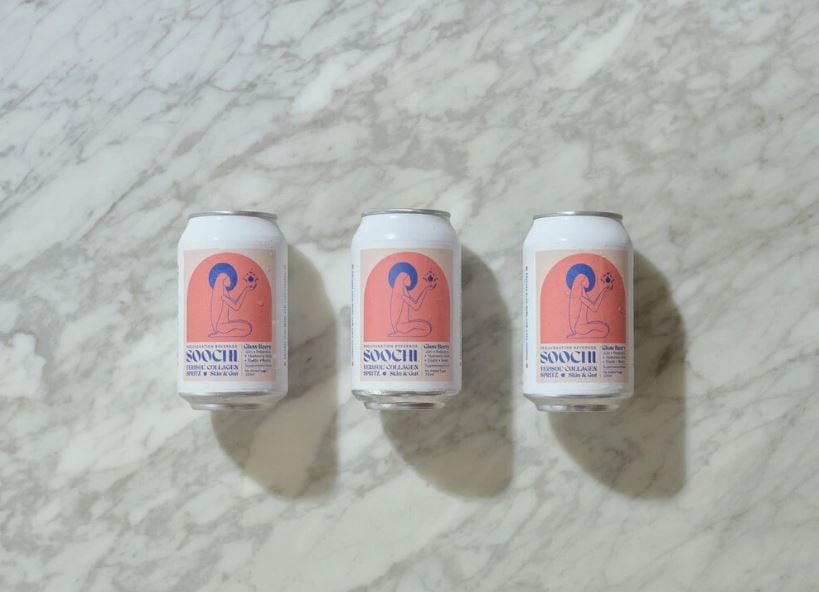Nestle Waters announced a commitment on June 29 to implement over 100 projects worldwide by 2025 which will focus on creating a ‘positive water impact’, where the amount of water used for its operations will be replenished, or eventually increased, accordingly.
Within these plans, all of Nestle Waters’ drinking water sites, including those in Asia, will be receiving projects to advance water regeneration locally, and locations where clean water is difficult to come by will also see qualitative improvements made. The firm has several water sourcing sites including in Pakistan, Thailand and Turkey (classified as Asia by Nestle Waters) and Nestle's bottled water is distributed in multiple countries such as Malaysia and Cambodia under several brands from Nestle Pure Life to Erikli.
“Of Nestle Waters’ 48 sites globally, some 10% are located in the Asia Pacific region and the projects we launch in Asia will be proportionate to the number of sites we have here,” Nestle Waters Head of Sustainability Cédric Egger said at the commitment announcement event in response to queries from FoodNavigator-Asia.
“Amongst these are projects in places like Pakistan where we have our Nestle Pure Life brand, and there are several realities that need to be tackled locally so projects span the likes of water access for communities and filtration stations.
“A lot of focus is also on providing support for local farmers to use drip irrigation in order to avoid too much water withdrawal (water that is removed from a source such as a lake or river) and make the land around it too dry, especially where rainfall is not equal or sufficient.”
The Pakistan Meteorological Department recently issued a drought alert for several provinces in the country. Sindh saw 64.5% less rainfall than usual, and Balochistan saw 59.5% less. Local officials have said that Sindh is facing the ‘worst water shortage in 60 years’ – so Nestle’s efforts to improve water availability in Pakistan look to be more crucial now than ever.
As for qualitative improvements, in response to queries about projects for countries with severe water contamination issues such as Cambodia, Egger added that these were also within Nestle’s consideration.
“This is a very good example of a country with significant qualitative challenges to be improved on, and we will be focusing on tackling these issues around such sites too,” said Egger.
“For example, one project we are looking at involves cleaning channels, which is important as it can make the water available [and safer] for use.”
Apart from Nestle Pure Life, Nestle Waters also operates the Perrier and San Pellegrino premium bottled water brands.
Global issue, local solutions
Although Nestle Waters’ commitment to sustainable water management and regeneration is a global one, Eggert stressed that the reason for implementing over 100 projects and not an overarching one is because local attention and customization is necessary.
“We know the water challenge is global, but it can only be tackled through local solutions,” he said.
“Each of our 48 sites is unique and part of its own water cycle, facing its own unique challenges from the sourcing (rainfall vs snow) to where the water goes (underground vs surface), [so our] work will be tailored to individual locations, needs and issues.
“Basically the idea is, by 2025 for every one cubic metre of water we take to make our products, we will give back a volumetric water benefit of at least that same amount and maybe even more] to the source].”
Head of Nestle Waters Business Muriel Lienau added that a lot of focus on transparency and accountability will be given for this project.
“We have established an external expert panel comprising civil societies, United Nations bodies, NGOs, academics and more [to ensure accountability],” she said.
“In addition, all projects will be measurable against the World Resources Institute’s Volumetric Water Benefit Accounting (VWBA) methodology and reports will be made on a regular basis.”





